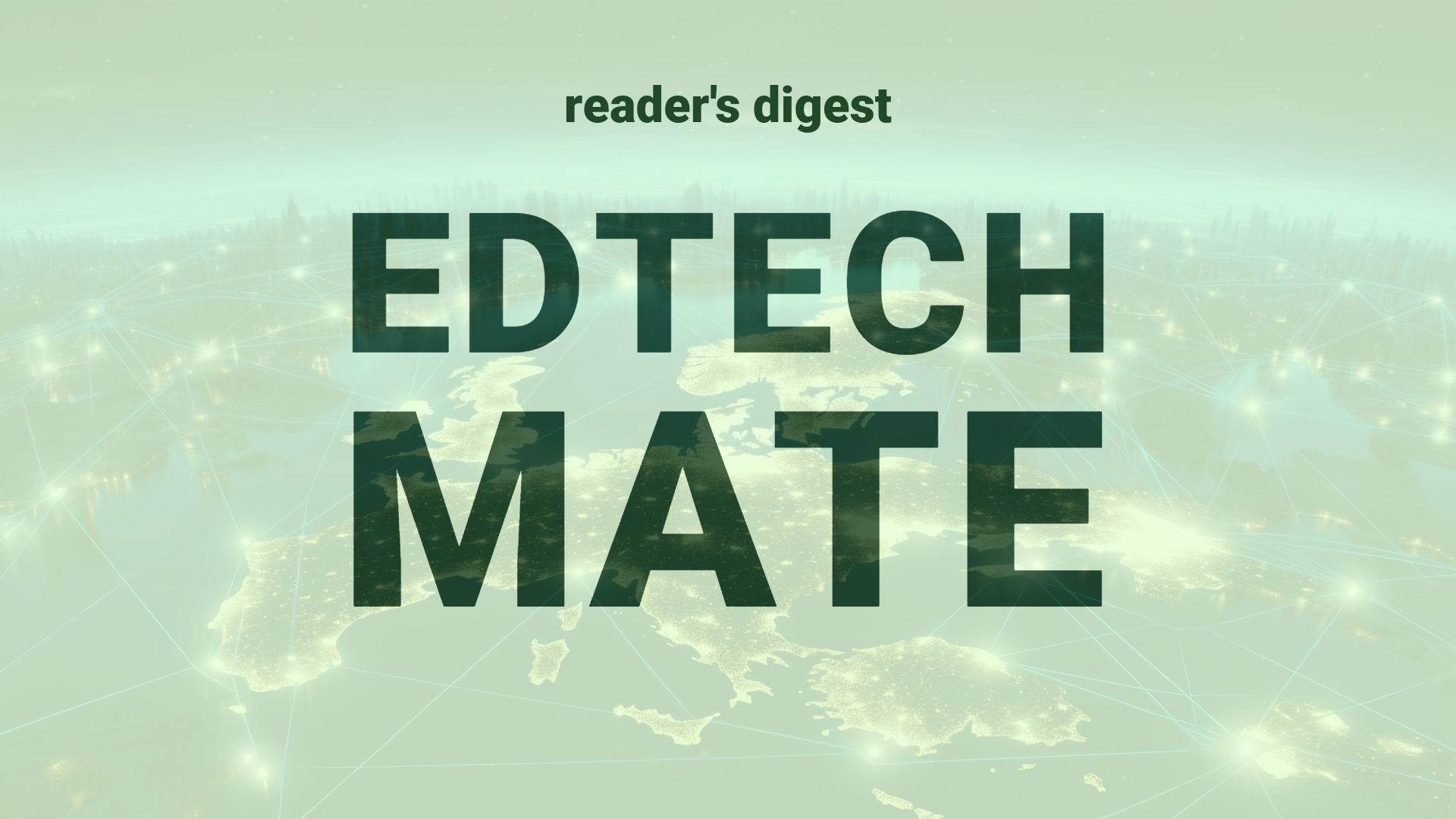“`html
Executive Summary and Main Points
LinkedIn, with over one billion users, has explored the use of generative AI, specifically large language models (LLMs), to enhance member services by improving job matches and content relevance on its platform. The journey involved significant experimentation, with early blunt responses evolving into nuanced, empathetic communication. Speed, while perceived as a potential advantage, proved complex in practice, delivering fast prototyping yet operational challenges. Cost considerations emerged as significant, especially at the scale required for premium LinkedIn members, due to the usage-based pricing of LLM tokens. LinkedIn also faced evaluation challenges, with engineers manually eye-balling results, and data quality issues from both employers and potential employees posed difficulties for the LLM’s effectiveness.
Potential Impact in the Education Sector
The developments at LinkedIn may significantly impact global education sectors, including Further and Higher Education, by providing templates for precise, empathetic AI-enhanced career services, thereby improving graduate employability. For micro-credential offerings, similar AI can support personalized learning paths and job alignment. Strategic partnerships with AI service providers can lead to innovative career services, facilitating real-world skills alignment and digital literacy among students and alumni.
Potential Applicability in the Education Sector
Innovative applications, like enhanced job matching and AI-driven career advice, tailored to global education systems, can emerge from LinkedIn’s experiments. AI and digital tools could assist in curating content and learning materials relevant to student interests and industry demands, while AI-powered writing aids could help both students and educators improve academic and administrative documents.
Criticism and Potential Shortfalls
Critical analysis of LinkedIn’s use of LLMs has revealed real-world challenges, including ethical concerns with blunt communication, cultural insensitivity, and the potential for ‘hallucination’, where AI provides unfounded responses. International case studies demonstrate variances in AI application success, linked to varying data quality and the need for human oversight, exposing a potential divide between institutions with differing resources.
Actionable Recommendations
For the successful implementation in international educational contexts, institutions should consider pilot programs with LLMs to enhance student services. Involvement of diverse stakeholders, including students, educators, and industry players, is crucial for ethical and cultural considerations in communication. Additionally, partnerships with AI providers should focus on developing models with educational data sets that reflect the institution’s community, and investment in digital literacy initiatives will be essential for integrating these technologies into everyday educational practices.
“`
Source article: https://www.cio.com/article/2095140/what-linkedin-learned-leveraging-llms-for-its-billion-users.html

